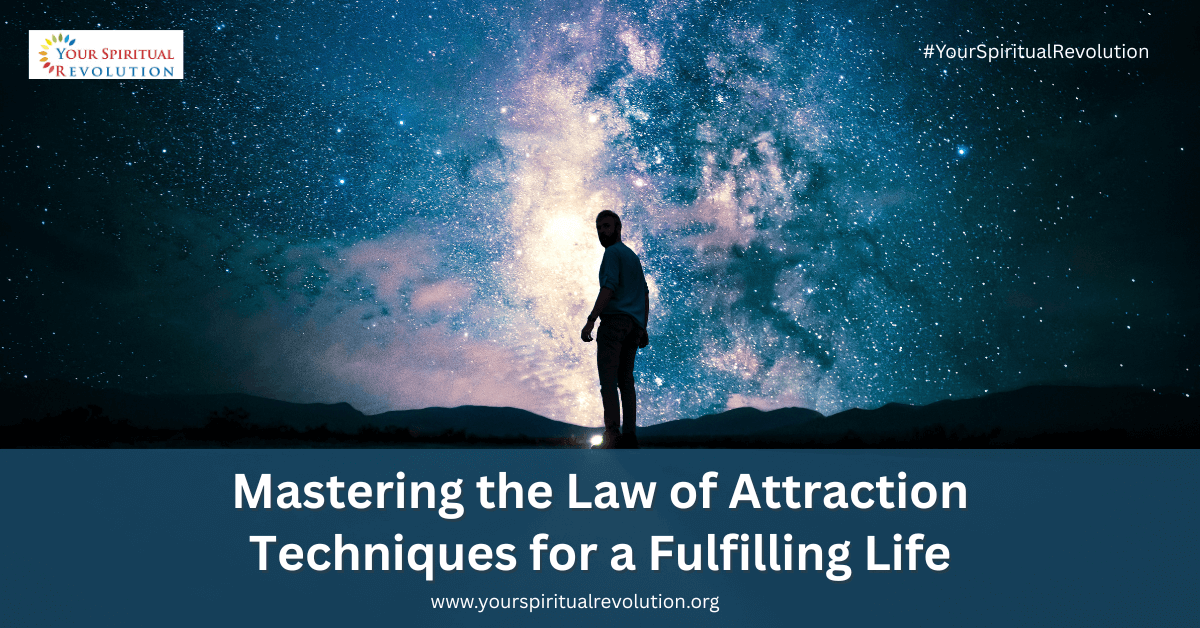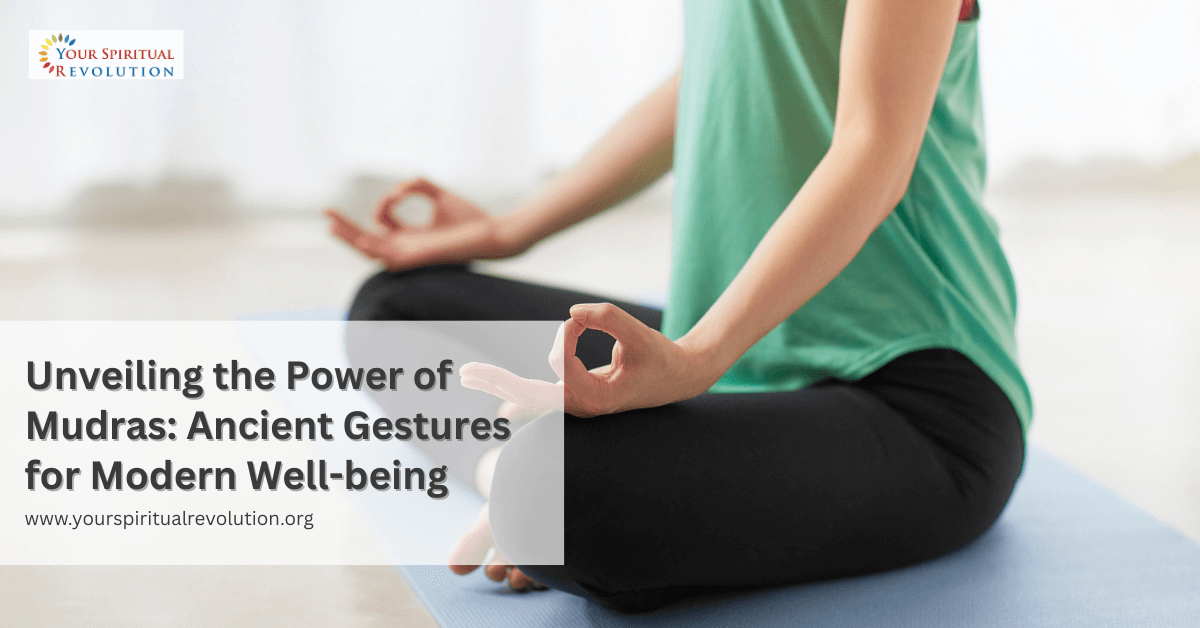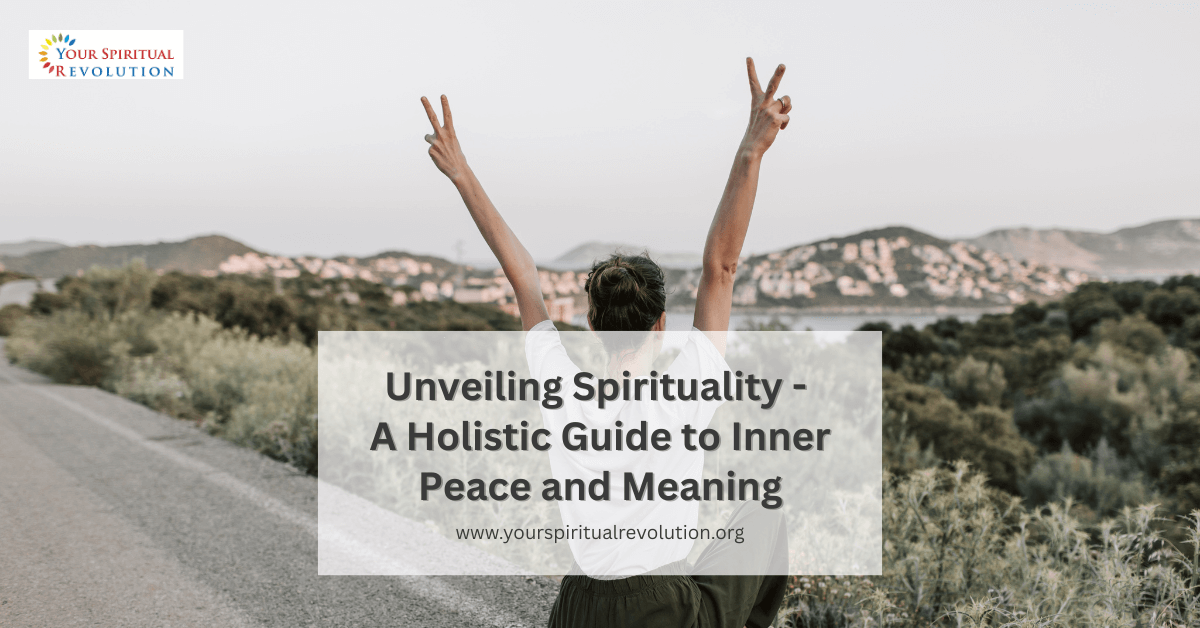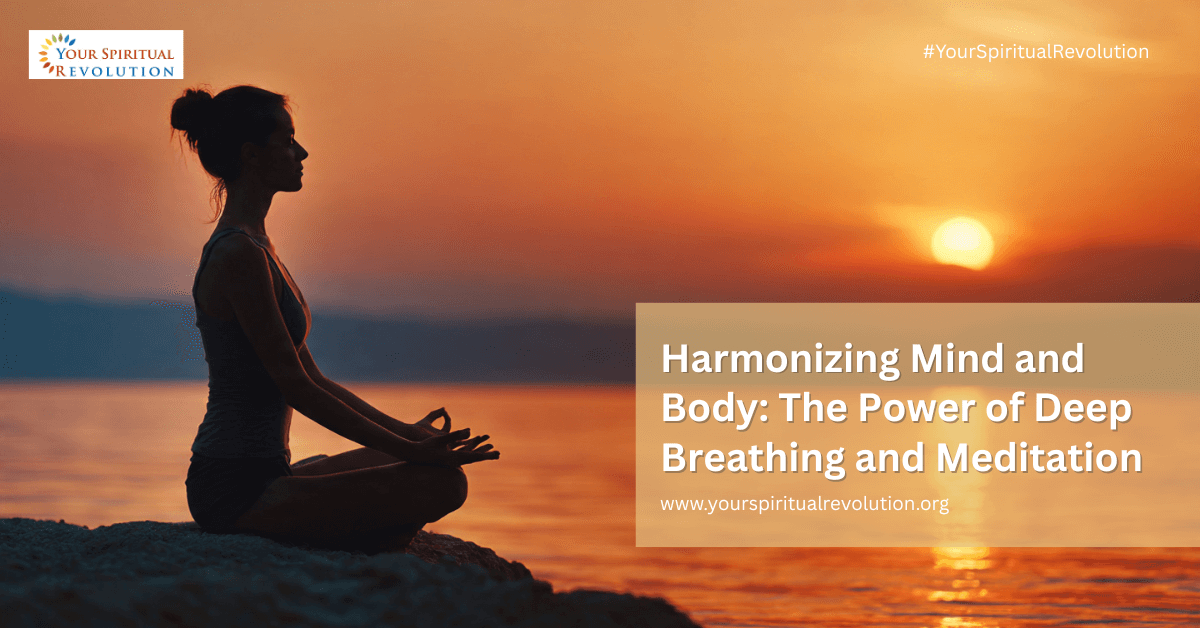

Love is a universal experience—both deeply personal and widely shared. Yet, in our fast-paced,
modern world, relationships often become tangled in expectation, attachment, and emotional
reactivity. In contrast, Buddhism offers a refreshing, grounded approach to love that emphasizes
mindfulness, compassion, and personal transformation. Rooted in the teachings of the Buddha,
mindful love invites us to show up fully in our relationships—not just with affection, but with
clarity, patience, and presence.
At the heart of this approach is the understanding that love is not simply an emotion or romantic
ideal. Rather, it is a practice, a conscious, compassionate way of being with another person.
Many ancient texts provide guidance on this, and those interested in exploring further can delve
into Buddhist Readings About Love and Marriage, which offer deep insight into how love and
spiritual growth intertwine. These teachings encourage us to love without clinging, to care
without controlling, and to be present without projecting.



































































The Law of Attraction is a compelling New Thought philosophy suggesting that our thoughts and

Mudras, symbolic gestures predominantly performed with hands and fingers, hold deep significance across Hinduism, Jainism,

If you have lived with anxiety, depression, trauma or burnout for years, you may feel

Spirituality, a concept as ancient as humanity itself, has evolved from its traditional religious roots

In our fast-paced world, finding moments of calm can be challenging. Deep breathing and meditation
| Cookie | Duration | Description |
|---|---|---|
| cookielawinfo-checkbox-analytics | 11 months | This cookie is set by GDPR Cookie Consent plugin. The cookie is used to store the user consent for the cookies in the category "Analytics". |
| cookielawinfo-checkbox-functional | 11 months | The cookie is set by GDPR cookie consent to record the user consent for the cookies in the category "Functional". |
| cookielawinfo-checkbox-necessary | 11 months | This cookie is set by GDPR Cookie Consent plugin. The cookies is used to store the user consent for the cookies in the category "Necessary". |
| cookielawinfo-checkbox-others | 11 months | This cookie is set by GDPR Cookie Consent plugin. The cookie is used to store the user consent for the cookies in the category "Other. |
| cookielawinfo-checkbox-performance | 11 months | This cookie is set by GDPR Cookie Consent plugin. The cookie is used to store the user consent for the cookies in the category "Performance". |
| viewed_cookie_policy | 11 months | The cookie is set by the GDPR Cookie Consent plugin and is used to store whether or not user has consented to the use of cookies. It does not store any personal data. |